T4K3.news
Supreme Court quashes Tom Hayes' conviction
Tom Hayes, the trader convicted in the Libor scandal, has had his conviction overturned by the Supreme Court.
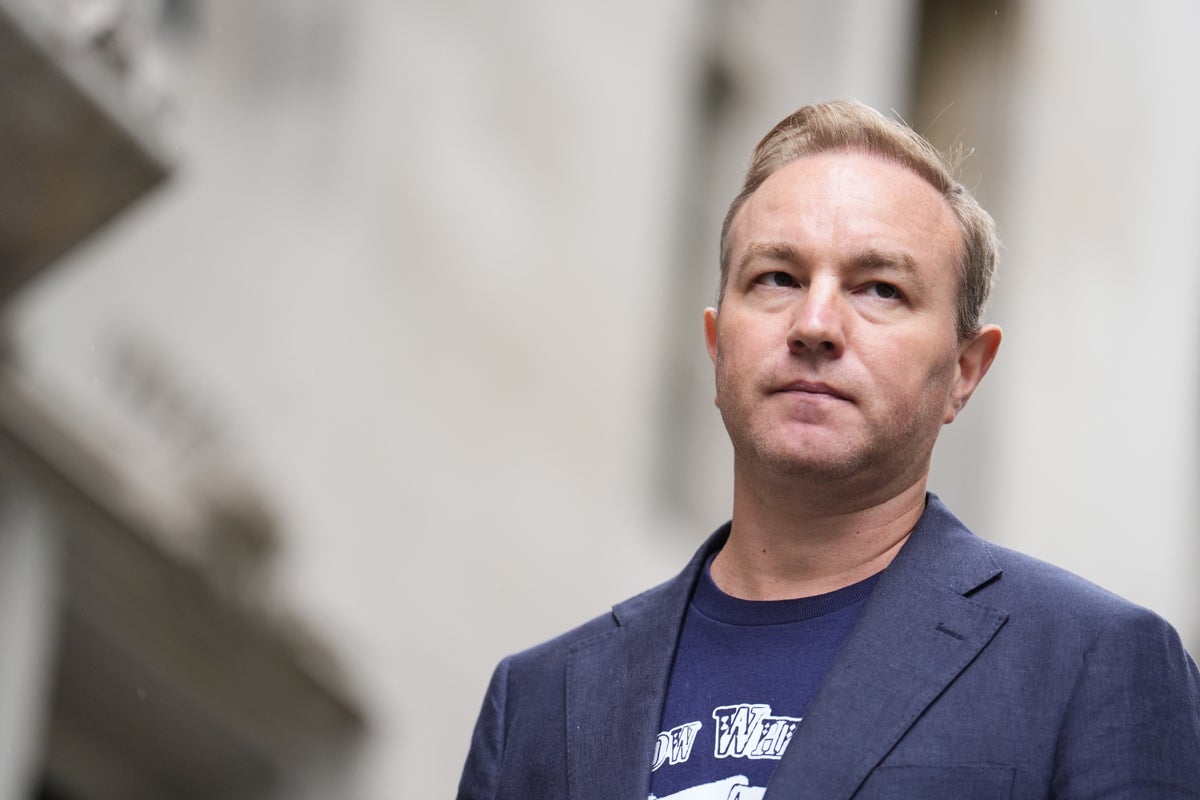
The case of Tom Hayes highlights a troubling imbalance in financial accountability.
A junior trader's downfall while higher-ups escape accountability
Tom Hayes, a former bank trader involved in the Libor scandal, has had his conviction quashed by the Supreme Court after seven years. He was sentenced to 14 years for manipulating the London Interbank Offered Rate, a long sentence for a non-violent, white-collar crime. His case has drawn significant public anger, with many considering him a scapegoat for a much larger issue in the banking sector. Despite his conviction, he was not the only trader involved, as six others were acquitted of related charges. This scenario questions the fairness of his trial, particularly since those at higher positions in the banking hierarchy were not prosecuted.
Key Takeaways
"In his case, there literally were no others."
This highlights the isolation of Hayes in the trial compared to his peers.
"It was an odd use of words from Green."
The head of SFO seemed to justify a flawed prosecution process with ambiguous reasoning.
"Hayes deserved a fair hearing."
Criticism of the circumstances surrounding Hayes' trial emphasizes possible miscarriages of justice.
"The message sent by Hayes' lengthy sentence questions whether justice was truly served."
This remark captures the essence of public ambivalence toward the judicial outcome.
Hayes' case reflects the broader issues of accountability within the banking industry, revealing a system that often punishes lower-level employees while letting senior executives walk away unscathed. This selective prosecution raises eyebrows about the motives behind targeting Hayes specifically. Despite his questionable actions, the lack of accountability for his superiors indicates systemic flaws in how financial misconduct is addressed. The message sent by Hayes' lengthy sentence questions whether justice was truly served, or whether he was merely made an example to appease public sentiment following the financial crisis. The quashing of his conviction also paves the way for deeper conversations about responsibility in corporate sectors, particularly in finance, where the stakes can be exceptionally high.
Highlights
- A lengthy sentence for a non-violent crime raises eyebrows.
- Justice in the banking sector seems selective at best.
- Are we really holding the right people accountable?
- The system chose a scapegoat instead of pursuing real accountability.
Concerns over accountability in the banking sector
The case of Tom Hayes raises important questions about fairness in prosecuting financial wrongdoings and the accountability of upper management. It highlights a systemic issue within the banking industry relating to who faces consequences for their actions.
This case could prompt renewed discussions on accountability within the financial industry.
Enjoyed this? Let your friends know!
Related News
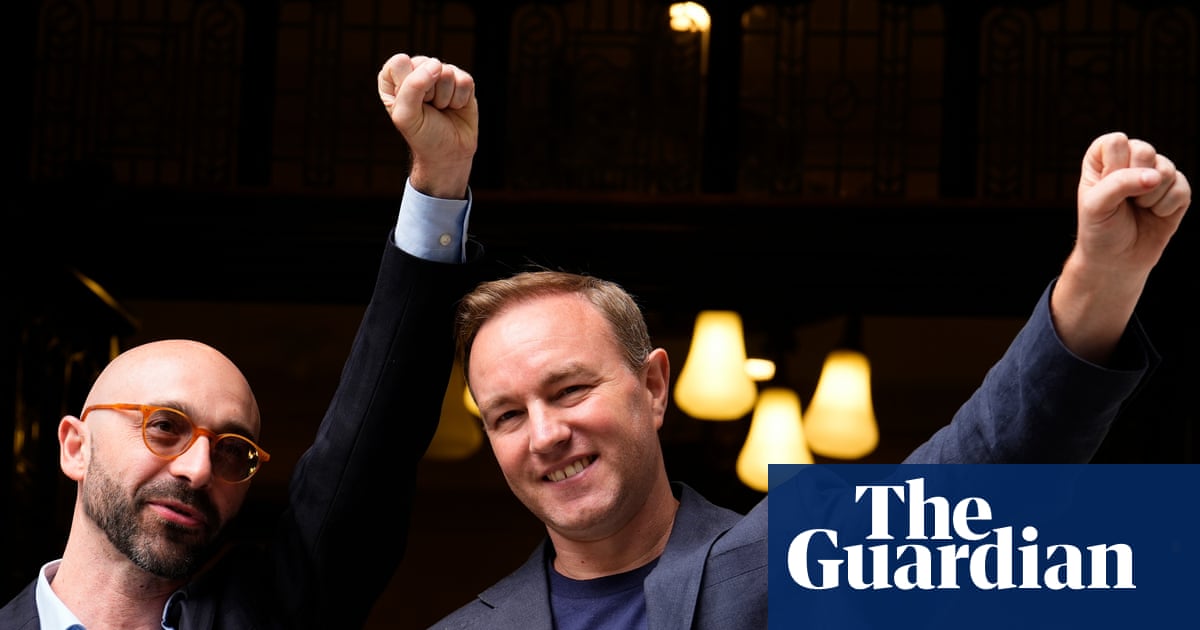
Supreme Court quashes Tom Hayes's Libor conviction

Supreme Court quashes Tom Hayes’ Libor conviction
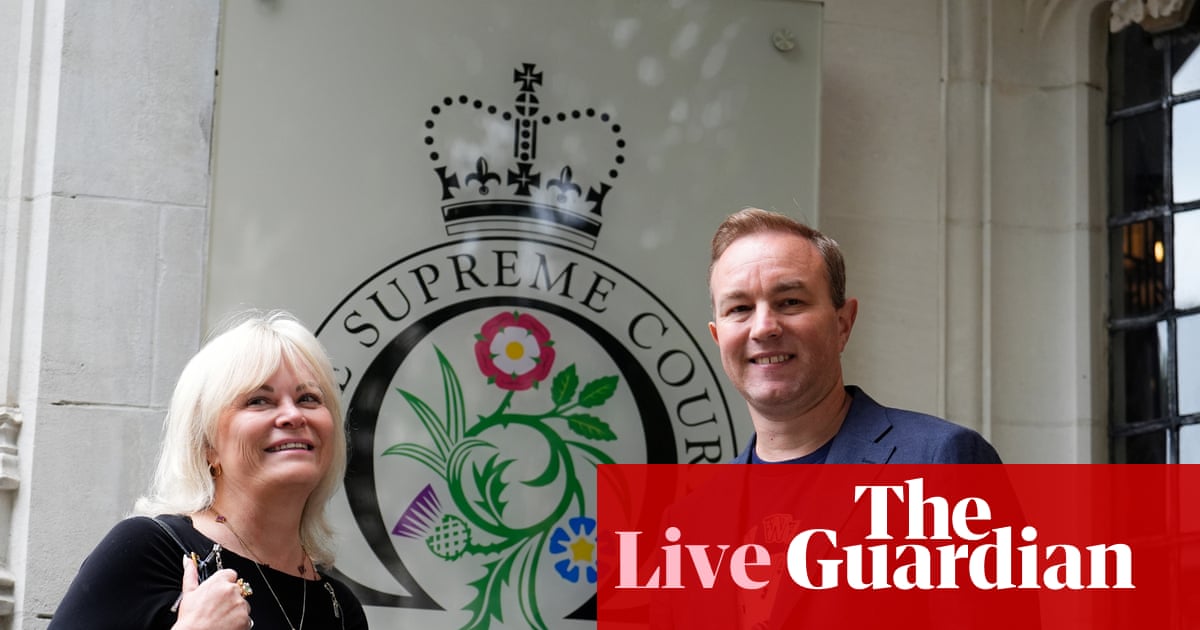
Supreme Court overturns convictions of two City traders
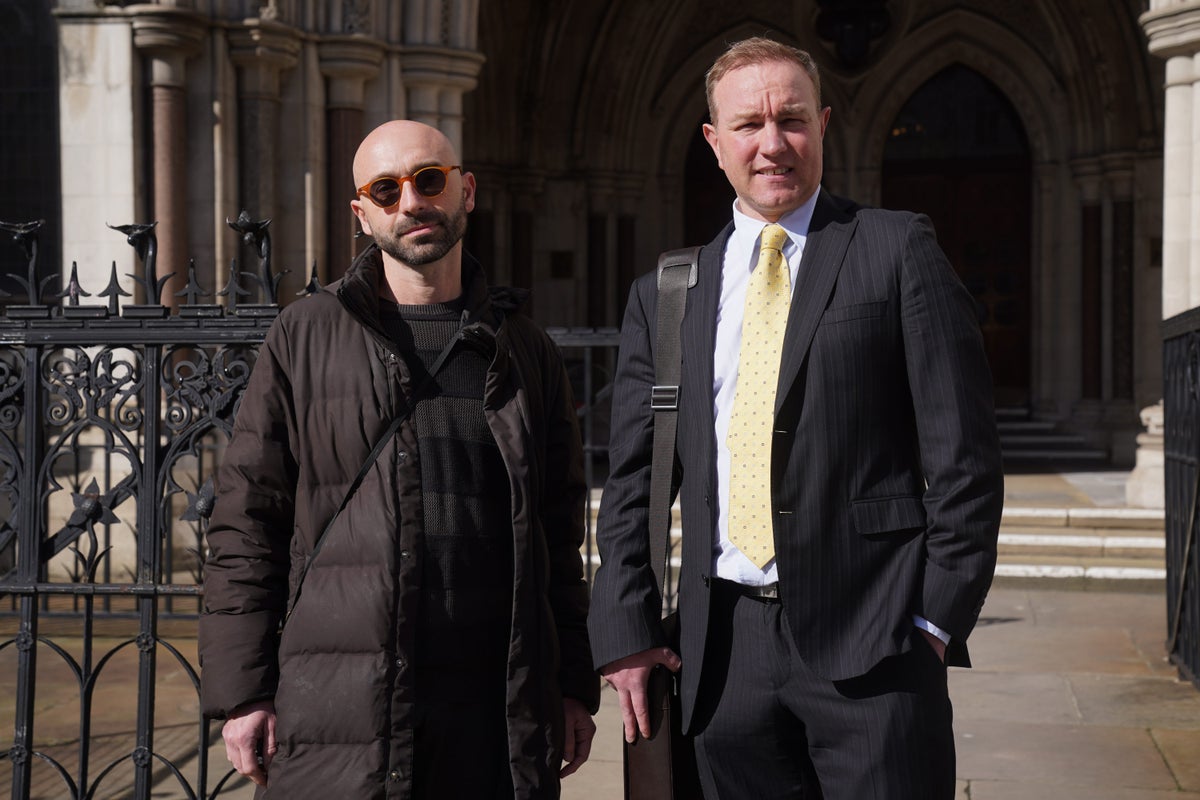
Supreme Court overturns trader convictions

Supreme Court overturns convictions of traders

Traders' Libor convictions overturned by Supreme Court
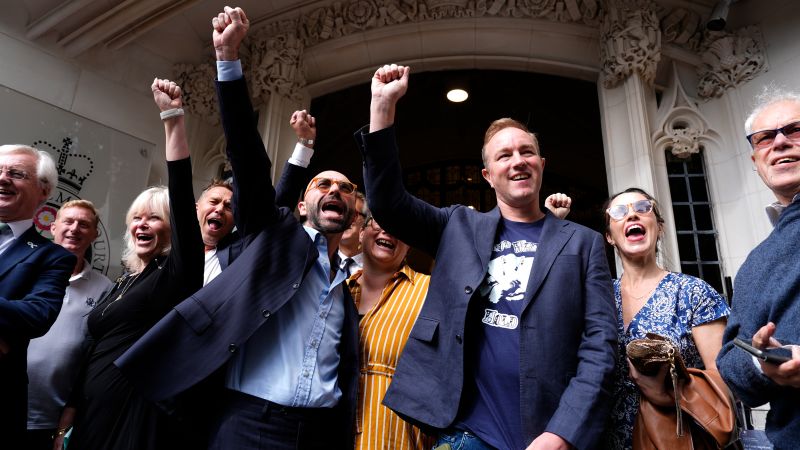
Hayes' appeal granted as conviction overturned

Ghislaine Maxwell appeals to US Supreme Court
